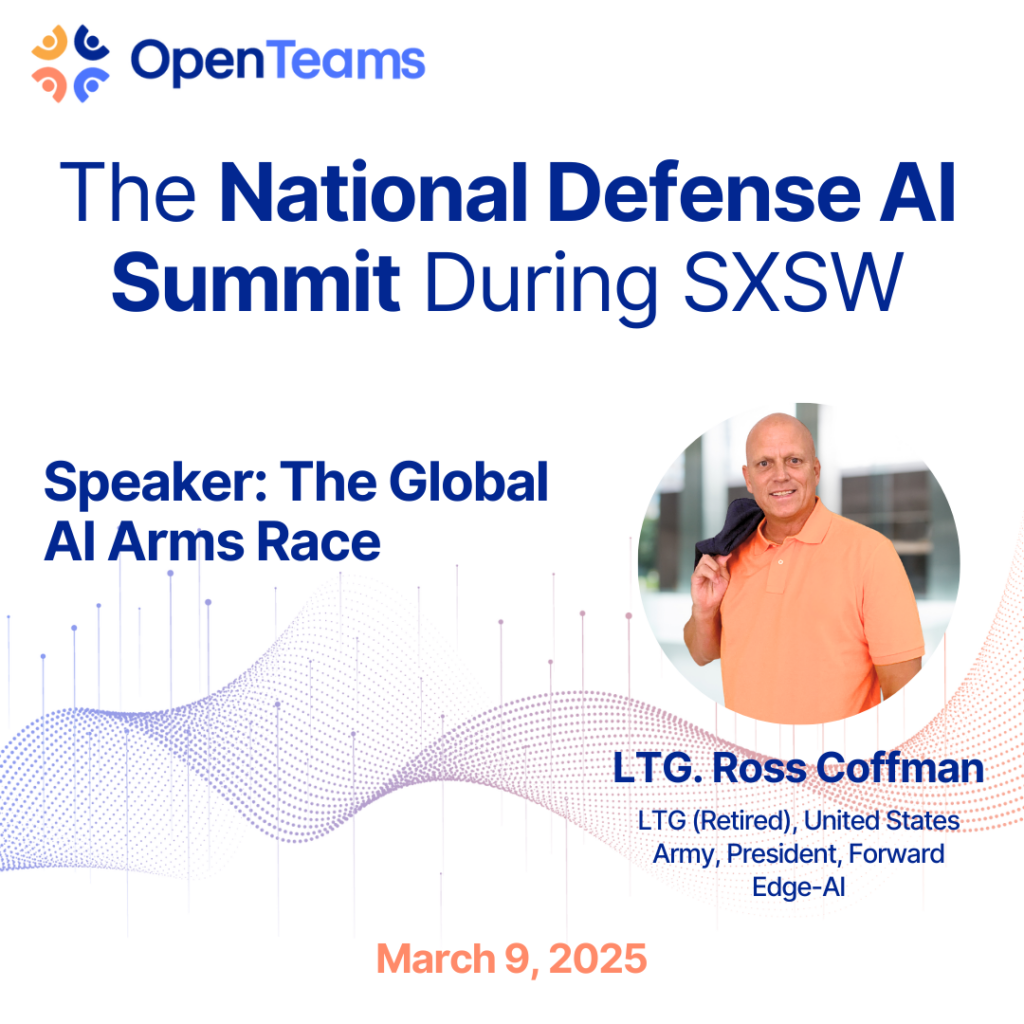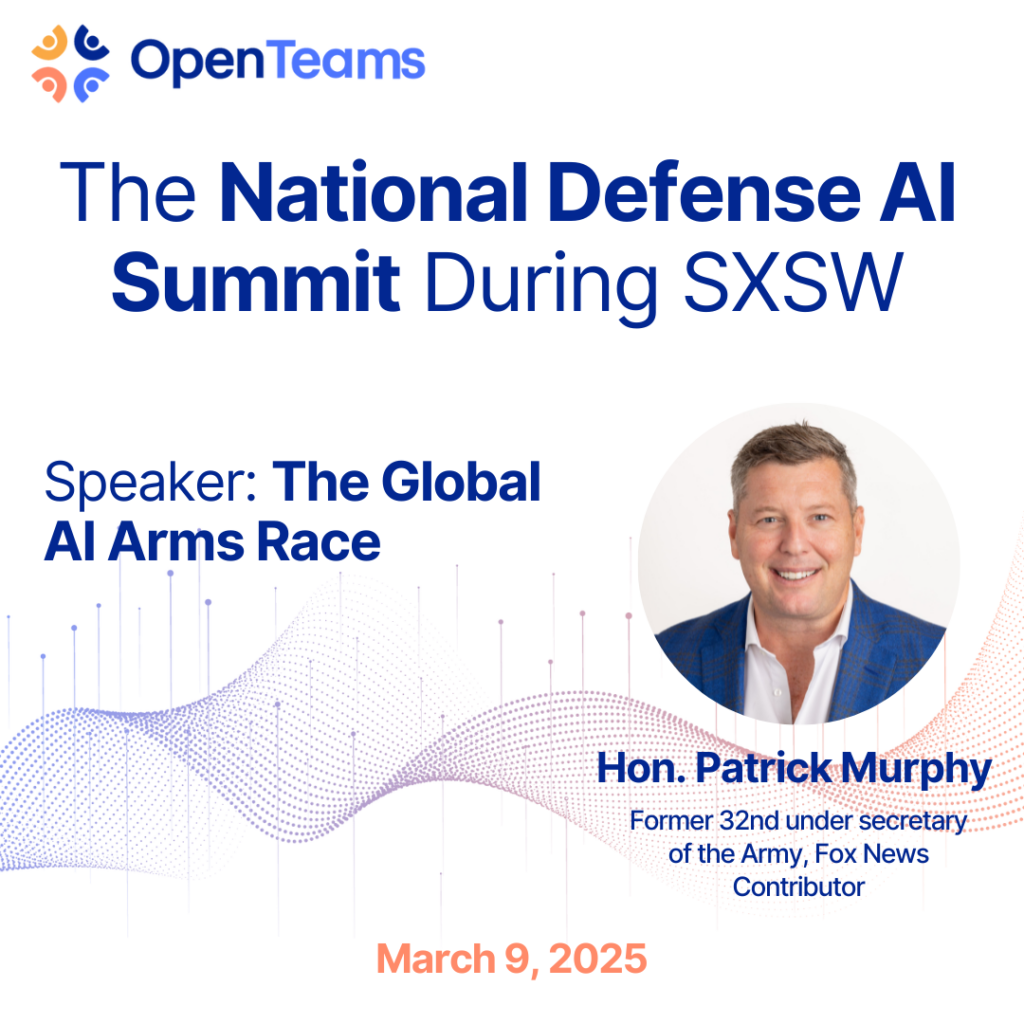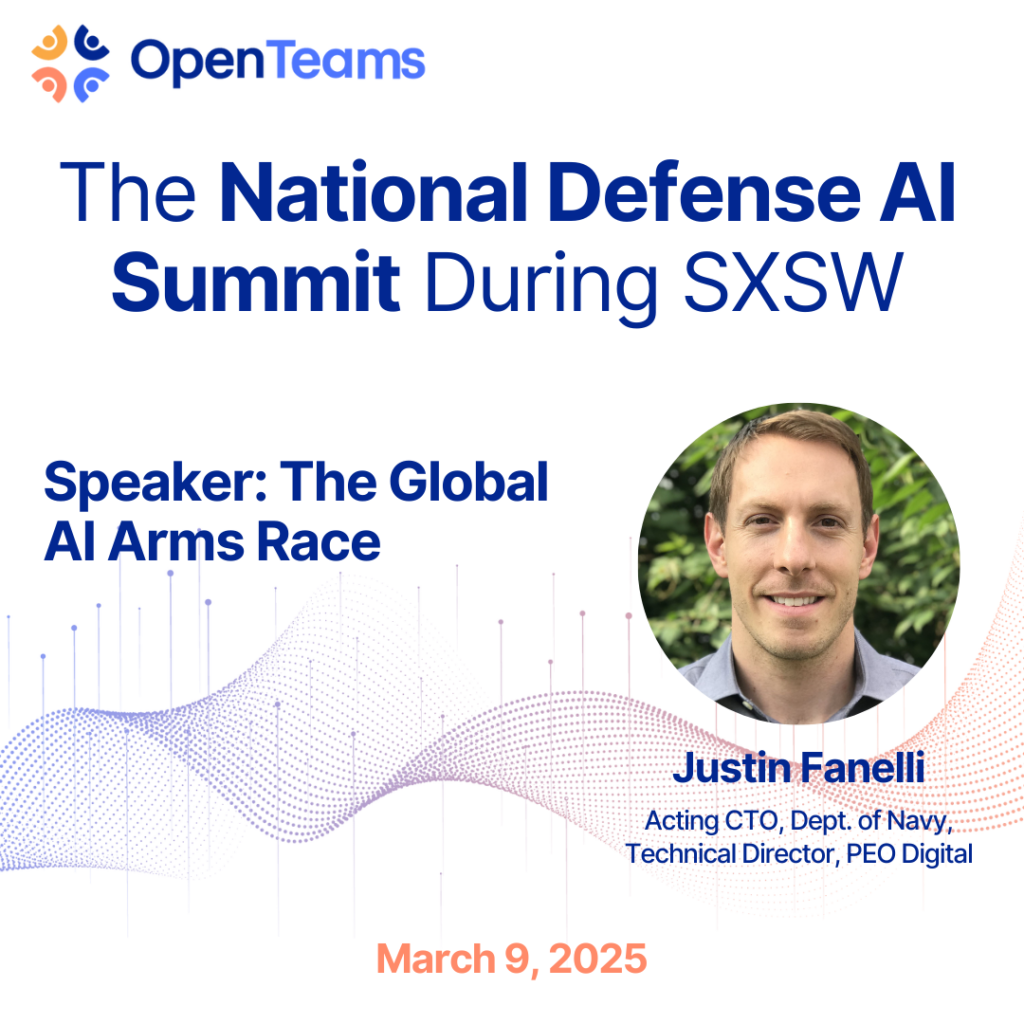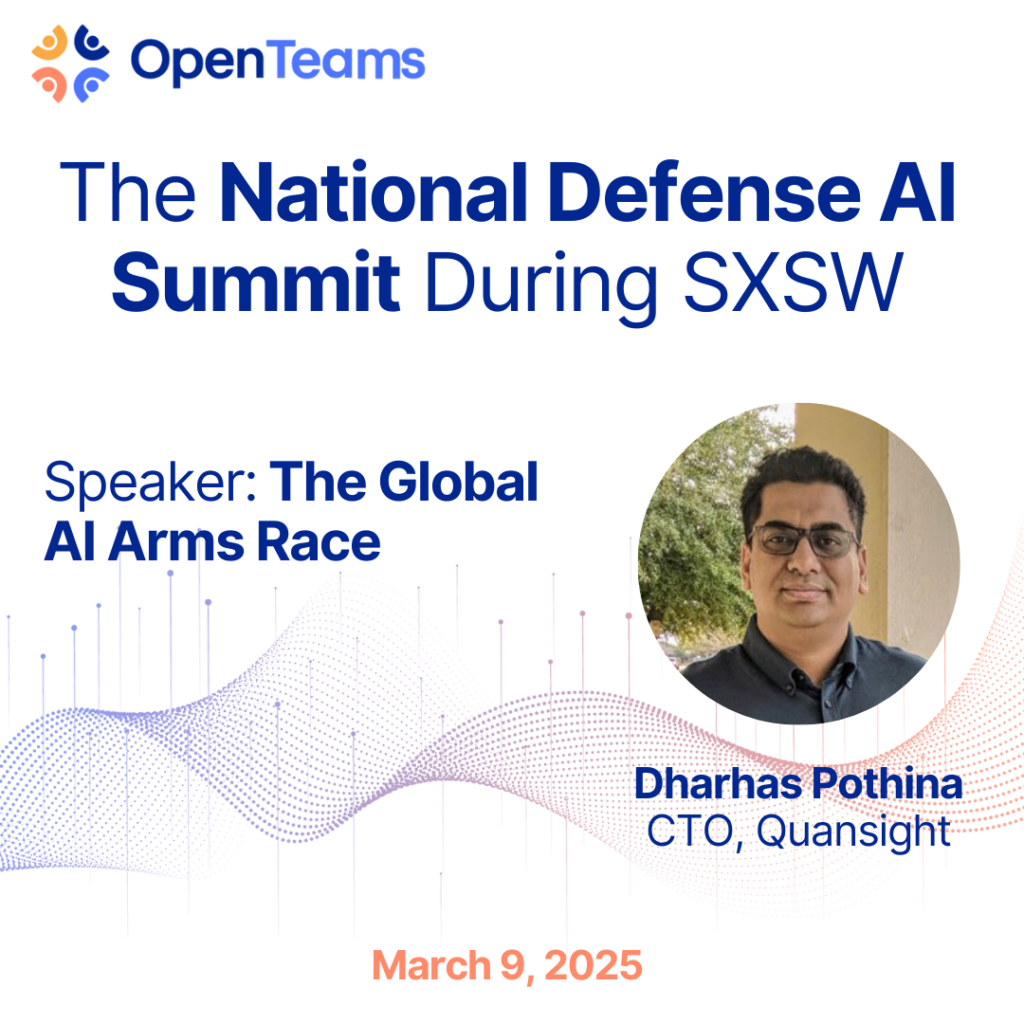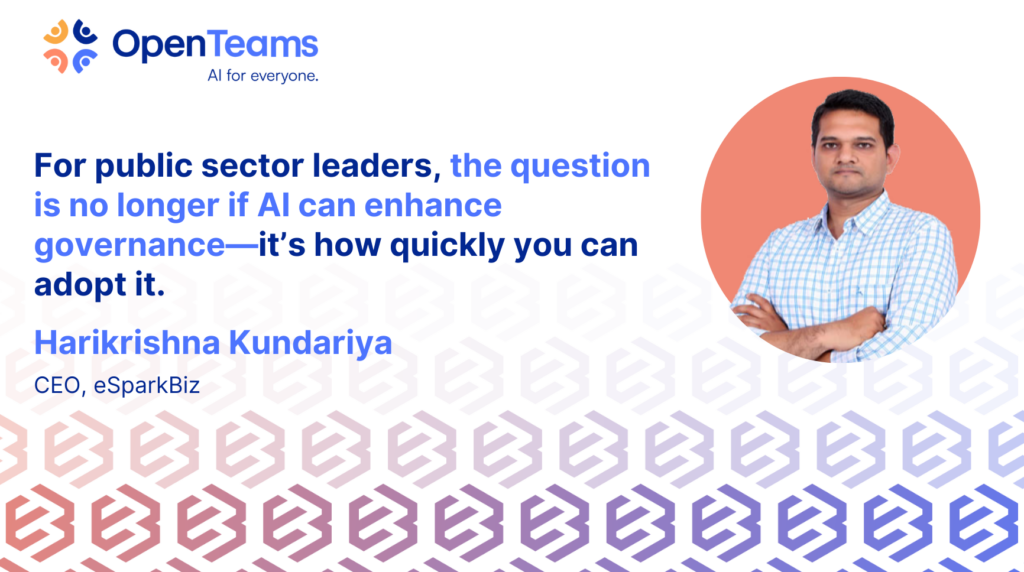
How AI Enhances Open Source Software Compliance for Government
Daily standups may seem harmless, but they’re disrupting the deep focus developers need to do their best work.
For all the hand-wringing about AI consolidating power into the hands of a few corporations, we’re missing a fundamental truth: the democratization of AI has already happened.
Tech giants want you to believe they control the future because they control the technology. But here’s the secret they don’t want you to know- the very AI systems that power their billion-dollar enterprises are built on open-source.
The current conversation around AI regulation and inequality assumes a binary: either AI is heavily regulated or AI will reinforce inequality and corporate dominance. But reality is much different.
Right now, the most powerful AI models are built on open source. Open source code is the blood to the entire tech ecosystem. In fact, up to 90% of any given software stack is open source.
The narrative forgets this fact. That needs to stop. Policymakers fret over AI monopolies. Startups hesitate, believing they can’t compete. The public assumes AI is locked behind corporate firewalls.
But the reality? AI is already decentralized. The only ones pretending otherwise are the ones profiting from that illusion.
Big Tech can shape headlines, but they can’t rewrite economic fundamentals. Open-source AI is an unstoppable market force. It’s why hedge funds are quietly betting on decentralized AI. It’s why startups leveraging open source models are outpacing those building from scratch.
The biggest signal? The largest companies already rely on open source AI. Meta’s Llama 2 is open source and freely available for commercial use. Tesla’s Full Self-Driving (FSD) AI stack is built on Python, PyTorch, and other open source tools.
The question isn’t how to open the AI playing field- it is already open. The real question is: Who’s paying attention?
Policymakers, investors, and entrepreneurs who ignore open-source AI will get left behind- fast. The market will correct them.
The winners in the next wave of AI innovation won’t be the ones clinging to closed models; they’ll be the ones who understand that AI is already a public resource.
Even OpenAI- despite its name- started as an open source project. Now, its biggest competition isn’t Big Tech, but the open source movement itself. Recently, at the American Invitational Mathematics Examination (AIME), DeepSeek-R1 beat OpenAI’s model at complex reasoning, math, and logic.

The open source community built AI. The open source community will keep it transparent. And if you want to be on the right side of history, the right side of economics, and the right side of innovation, there’s only one move:
You don’t have to take my word for it.
Just watch what happens next.

Daily standups may seem harmless, but they’re disrupting the deep focus developers need to do their best work.
